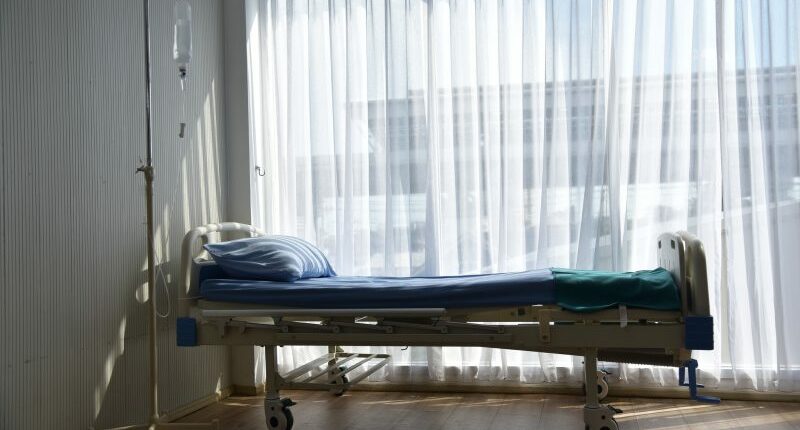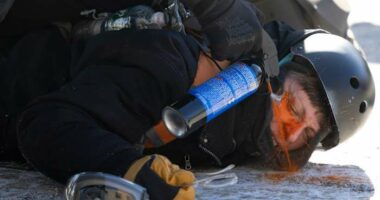Share this @internewscast.com

In Chicago, health authorities are raising concerns after identifying several recent instances of leptospirosis, a disease attributed to approximately 60,000 deaths worldwide each year.
The Chicago Department of Public Health has reported six cases so far this year, surpassing the expected numbers, as the historical average has been two cases annually.
Leptospirosis is caused by the Leptospira bacteria, which can endure in water or soil for extended periods. If not treated promptly, the disease can become quite serious. The Centers for Disease Control and Prevention notes that leptospirosis can lead to kidney damage, meningitis, liver failure, respiratory issues, and potentially death. Severe cases, accounting for about 10% of the total, may result in life-threatening conditions such as hepatic and renal failure, as well as pulmonary hemorrhage.
The risk of contracting leptospirosis increases during activities such as swimming or boating in contaminated fresh or floodwater, gardening, yard work, hiking, or any interaction with animals and their bodily fluids.
Roughly 100 to 150 cases of leptospirosis are reported in the U.S. each year, with outbreaks more likely to occur after heavy rain and flooding.
Once exposed, symptoms can manifest within 5 to 14 days but may take up to a month to appear. Common symptoms include fever, chills, muscle aches (notably in the calves and lower back), nausea, vomiting, diarrhea, abdominal discomfort, coughing, red and swollen eyes, and occasionally a skin rash.
Officials note that the illness can present in two stages, where initial recovery is followed by more severe symptom onset. Additionally, leptospirosis poses risks during pregnancy, potentially leading to miscarriage or fetal death.
As for the cases reported in Chicago, officials said the majority are mild.
Of the six cases reported on Chicago’s northwest side, four of them were identified as having experienced symptoms between July 16 to Aug. 28. The cases in July and August all reported either direct exposure to animal waste, particularly from rats, or indirect exposure to rodent waste through gardening or yard work.
The CDC says leptospirosis can be treated with antibiotics.
Livestock, pets, marine mammals, and wild animals can also become infected. Some animals may show no signs or symptoms, the CDC explains, which means they may also be able to spread the bacteria “for several months or years.”
Over the last 10 years, Chicago officials said 28 cases of leptospirosis have been reported in the city. Within the U.S., Puerto Rico and Hawaii report the most cases annually, according to health officials.











